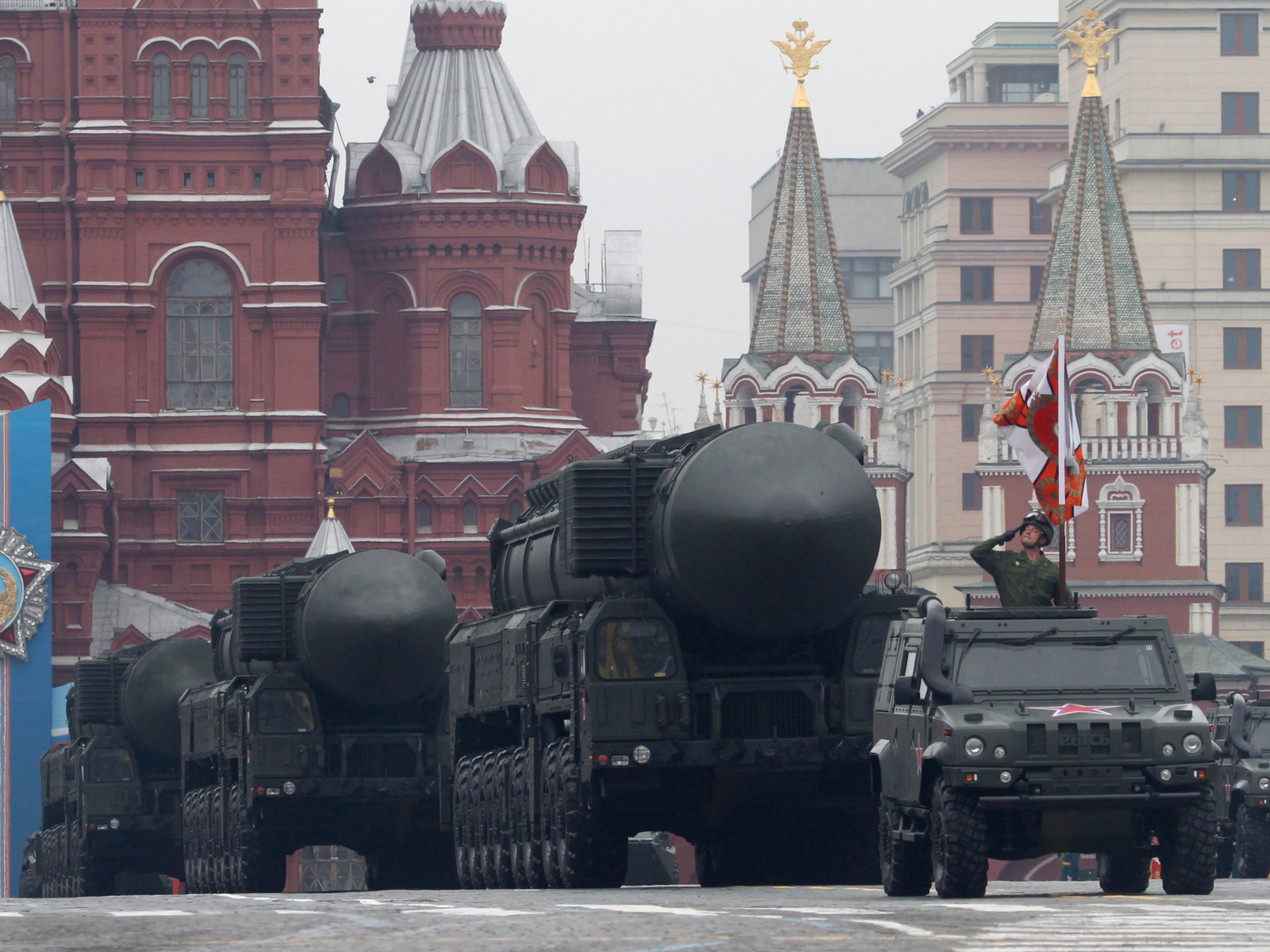Ukraine said Thursday it was testing an Israeli missile monitoring system likely to be ready for use within two months, while Washington said Russia was unlikely to use its nuclear weapons, a day after Moscow said it was targeting the Kremlin with two drones.
Ukrainian Ambassador to Israel Yevgen Kornichuk said Kiev was testing an Israeli-designed missile monitoring system that would give his country the ability to repel Russian missile attacks, adding that it could do so within two months.
Israel is working to improve its air defenses, mainly through the Iron Dome system, which Tel Aviv uses to repel rockets fired by the Palestinian resistance in the Gaza Strip. Out of concern for Israel to maintain good relations with Moscow, Israeli officials have not provided details of the missile monitoring system it is developing for Kiev.
Ambassador Kornichuk said the system was equipped with data from Ukrainian radars and was currently undergoing testing in the capital, Kiev.
"The system allows the identification of various objects, including ballistic missiles, and makes calculations to find out their destination, and this basically allows us to shut down certain parts of the country rather than the entire country," he told Reuters, referring to orders to protect against air strikes issued when attacked.
When completed, the system will warn residents of areas that are about to be bombed by Russian missiles or drones, either by sounding sirens or by sending a warning on mobile phones, he said.
Israel did not provide details about the missile monitoring system it is developing for Ukraine (Anatolia)
Recourse to nuclear weapons
U.S. Director of National Intelligence Avril Hyans said Russia was unlikely to use its nuclear weapons.
"It's highly unlikely, that's our current assessment," she told the Senate Armed Services Committee.
Observers say this signals Moscow's commitment to restraint even as it suffers heavy losses in the war in Ukraine and the recent drone attack on the Kremlin.
Following the outbreak of the Ukraine war in February 2022, Russian officials hinted at the possibility of using nuclear weapons if Moscow was exposed to a threat to its national security.
At the end of last year, Russian President Vladimir Putin said his country might formally consider adding the possibility of a first pre-emptive nuclear strike to disarm an adversary to its military doctrine, just days after he warned that a nuclear war was increasing, blaming the West.
Raids and explosions
On the ground, explosions rang out for 15 to 20 minutes in Kiev, which on Wednesday night saw a series of attacks that came after Moscow announced drone attacks on the Kremlin headquarters.
Kiev Mayor Vitaly Klitschko reported "explosions and fires in the Solomyansky district of the capital" and warned of possible drone wreckage.
"Our city has not seen such intense strikes since the beginning of this year," the head of Kiev's military administration, Sergei Popko, said Thursday morning, adding that this was the third day of attempts to launch strikes on Kiev in May.
These developments followed an explicit Russian promise that the response to the targeting of the seat of government and the workplace of President Vladimir Putin would be strict.
This also coincided with a large-scale Russian attack on the southern provinces with dozens of marches, a large number of which Kiev announced was shot down. For its part, Russia announced the downing of a Ukrainian drone that tried to target a military airport.
Kherson, Odessa and Mykolaiv
Elsewhere, Al Jazeera's correspondent reported huge explosions that shook the Kherson region in southern Ukraine.
On Thursday, Ukrainian authorities announced that the death toll from the Russian attack in the province had risen to 23 and the wounded to 50. The provincial governor said the Russian bombardment had focused on the city center, villages and towns on the contact line.
The Ukrainian army announced the downing of 18 of the 24 Russian drones launched into the south of the country from the Sea of Azov.
In Odessa province, the military administration confirmed the targeting of the city with 15 drones, 12 of which were shot down by air defenses, and the other three targeted an educational institution in the province.
In Mykolaiv, local authorities confirmed the downing of a number of Russian drones in some territory of the province, particularly in the Uchakov and Kostrup regions.

